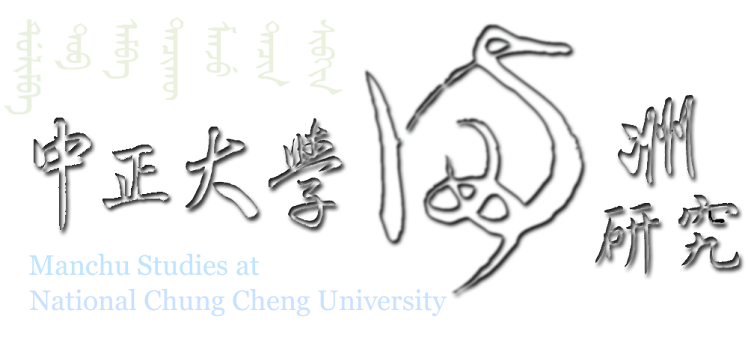Remote Homeland, Recovered Borderland addresses a long-ignored issue in the existing studies of community construction: How does the past failure of an ethnic people to maintain sovereignty over their homeland influence their contemporary reconfigurations of ethnic and national identities? To answer this question, Shao Dan focuses on the Manzus, the second largest non-Han group in contemporary China, whose cultural and historical ancestors, the Manchus, ruled China from 1644 to 1912. Based on deep and rigorous empirical research, Shao analyzes the major forces responsible for the transformation of Manchu identity from the ruling group of the Qing empire to the minority of minorities in China today: the de-territorialization and provincialization of Manchuria in the late Qing, the remaking of national borders and ethnic boundaries during the Sino-Japanese contestation over Manchuria, and the power of the state to re-categorize borderland populations and ascribe ethnic identity in post-Qing republican states.
Within the first half of the twentieth century, four regimes—the Qing empire under the Manchu royal clan, the Republic of China under the Nationalist Party, Manchuokuo under the Japanese Kanto Army, and the People’s Republic of China under the Communist Party—each grouped the Manchus into different ethnic and national categories while re-positioning Manchuria itself on their political maps in accordance with their differing definitions of statehood. During periods of state succession, Manchuria was transformed from the Manchu homeland in the Qing dynasty to an East Asian borderland in the early twentieth century, before becoming China’s territory recovered from the Japanese empire. As the transformation of territoriality took place, the hard boundaries of the Manchu community were reconfigured, its ways of self-identification reformed, and the space for its identity representations redefined.
Taking the borderland approach, Remote Homeland goes beyond the single-country focus and looks instead at regional and cross-border perspectives. It is a study of China, but one that transcends traditional historiographies. As such, it will be of interest to scholars of modern China, Japanese empire, and Northeast Asian history, as well as to those engaged in the study of borderlands, ethnic identity, nationalism, and imperialism.
20 illus., 5 maps
──────────────────────────────────
CONTENTS
Abbreviations
Maps
Prologue
Introduction
Part I: Remote Homeland, Lost Empire
1 Remote Homeland, Contested Borderland: The Qing Empire, Banner People, and Manchuria
2 Between Empire and Nation: The 1911 Revolution, Manchus, and Manchuria
Part II: Contested Borderland, Redefined Identity
3 Legitimizing Statehood, Revising History: Manchoukuo between Japan and the RoC
4 Ethnic Harmony, Colonial Reality: Manchus, Manchoukuo, and the RoC
5 Historicizing the Manchus, Deterritorializing Manchuria: Ethnology and Borderland Studies in the RoC
6 Redefining the Manzu, Remapping Ethnic Autonomy: State and Scholars in the PRC
Part III: Experiencing Borderlands, Re-understanding Homeland
7 A Trial of Treason: Aisin Gioro Xianyu and Identity Dilemma
8 Tales of Two Empires: The Conquerors, the Colonized, and the Heroes
Conclusion
Epilogue
Appendixes
Notes
Bibliography
Index
Author:
Shao Dan is associate professor in the Department of East Asian Languages and Cultures, University of Illinois at Urbana-Champaign.




